Slovenia Digital Nomad Visa (2025 Update)
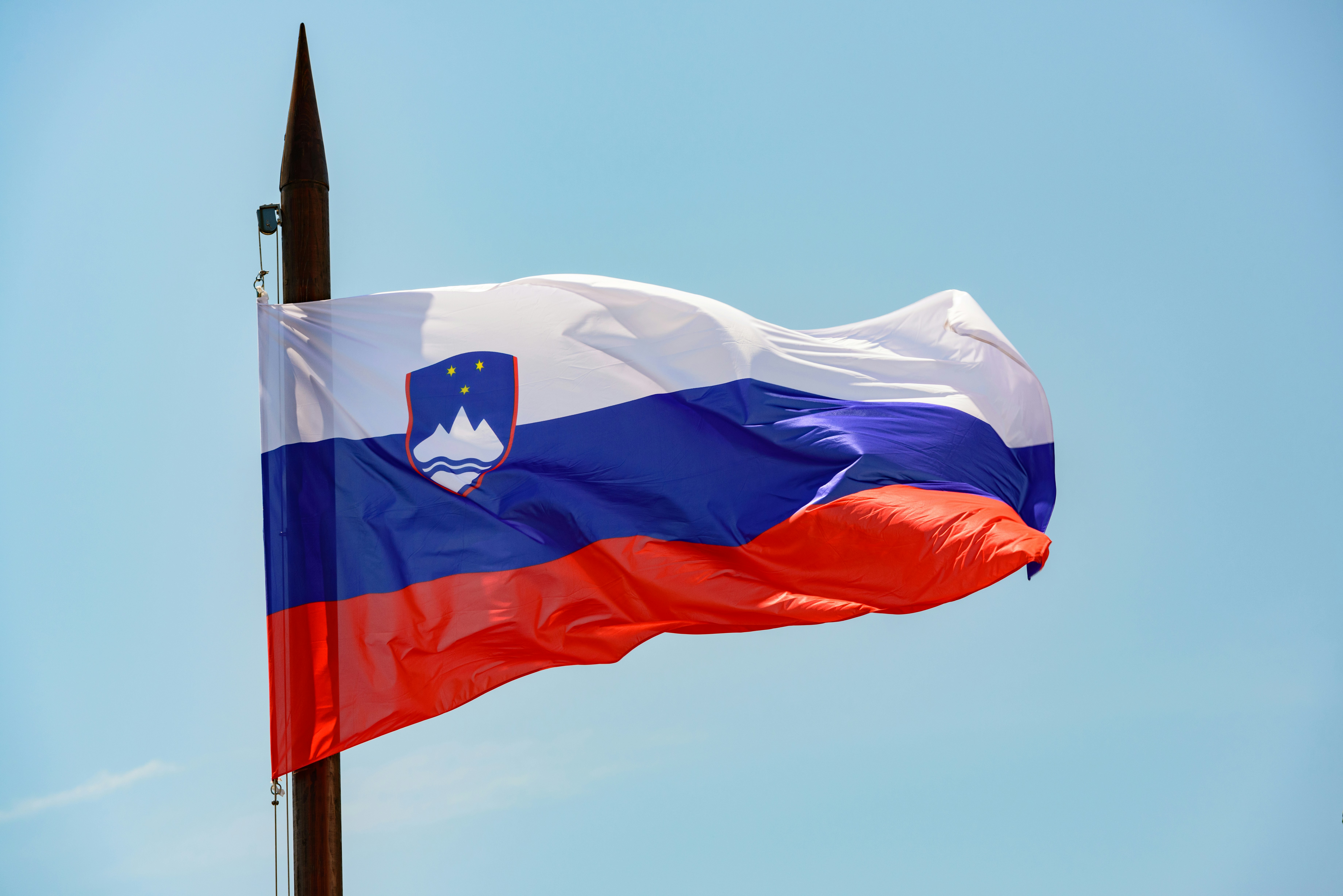
Quick Visa Facts
Visa length Up to 12 months
Possible to extend? No, the permit cannot be extended, but you can reapply 6 months after it expires.
Who can apply? Non‑EU/EEA nationals who work remotely for a foreign employer or clients, or are self‑employed abroad, and do not perform work for Slovenian‑based companies.
Minimum Income Requirements You must have a monthly income of at least twice the average net salary in Slovenia — roughly € 2,900–€3,050 depending on source.
Time for visa applications The processing time is typically 30–60 days
Want to know if you can apply?
Complete a visa quiz and see if you qualify!
Ready to work from somewhere that pairs Alpine trails with fast fiber and tapas-style café culture? Slovenia just made that move a whole lot easier. On 21 November 2025 the country launched a dedicated Digital Nomad Visa for non-EU/EEA remote workers, letting location-independent professionals live and work in Slovenia for up to one year.
Whether you crave Ljubljana’s compact, walkable charm, the emerald lakes of Triglav, or the Adriatic coast’s lazy afternoons, Slovenia now offers a clear, official route to call it home for a season.
With this visa, you can stay for up to 12 months, maintain your remote job (as long as your work is for clients or employers outside Slovenia), and enjoy the country’s high quality of life, from its peaceful forests and mountains to its vibrant cities.
In this guide, we’ll walk you through who qualifies, what you need to apply, how to get the permit, and what life as a digital nomad in Slovenia looks like.
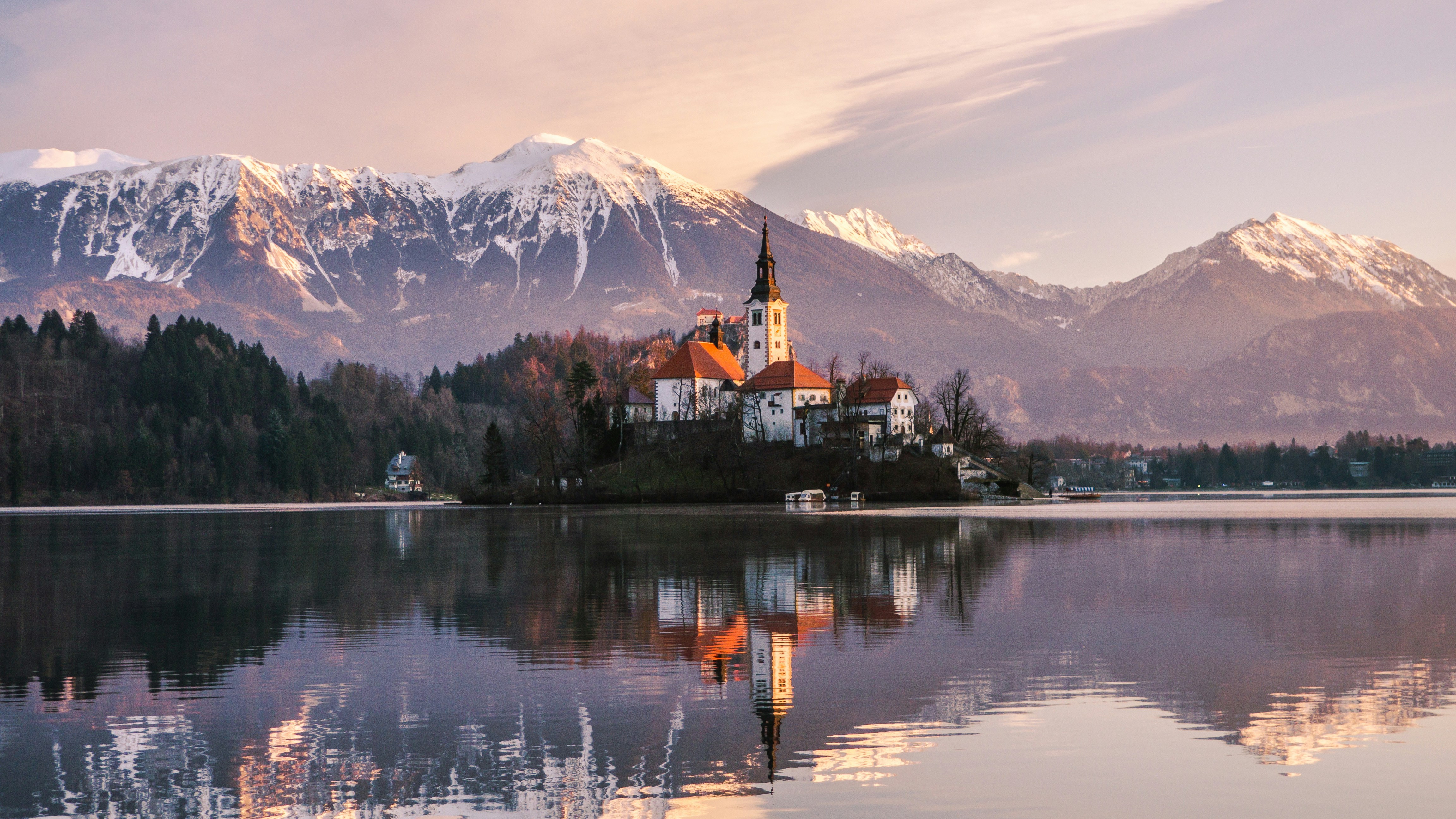
Slovenia Digital Nomad Visa Overview
Slovenia officially rolled out its Digital Nomad Visa on 21 November 2025, giving non-EU/EEA remote workers a legal way to base themselves in this scenic and digitally connected country. This is a temporary residence permit, not a work visa, it's designed specifically for people who already have remote jobs or freelance clients outside Slovenia.
Who Is It For?
This visa is aimed at non-EU/EEA nationals who:
Work remotely for an employer or clients based outside Slovenia, or
Are self-employed and perform all their work remotely via information and communication technologies, with their business tied to entities outside Slovenia.
Importantly, the visa does not grant access to the Slovenian labor market, you’re not working for local Slovenian companies.
What Does It Allow You to Do?
With this permit, you can:
Live in Slovenia for up to 12 months.
Continue working remotely for foreign employers or clients, your job doesn’t need to be based in Slovenia.
Reapply for the permit, but not immediately: after your one-year stay, you must wait at least six months before applying again.
Bring your family members: there is a favorable reunification scheme, allowing them to join you without restrictions based on how long your visa is valid.
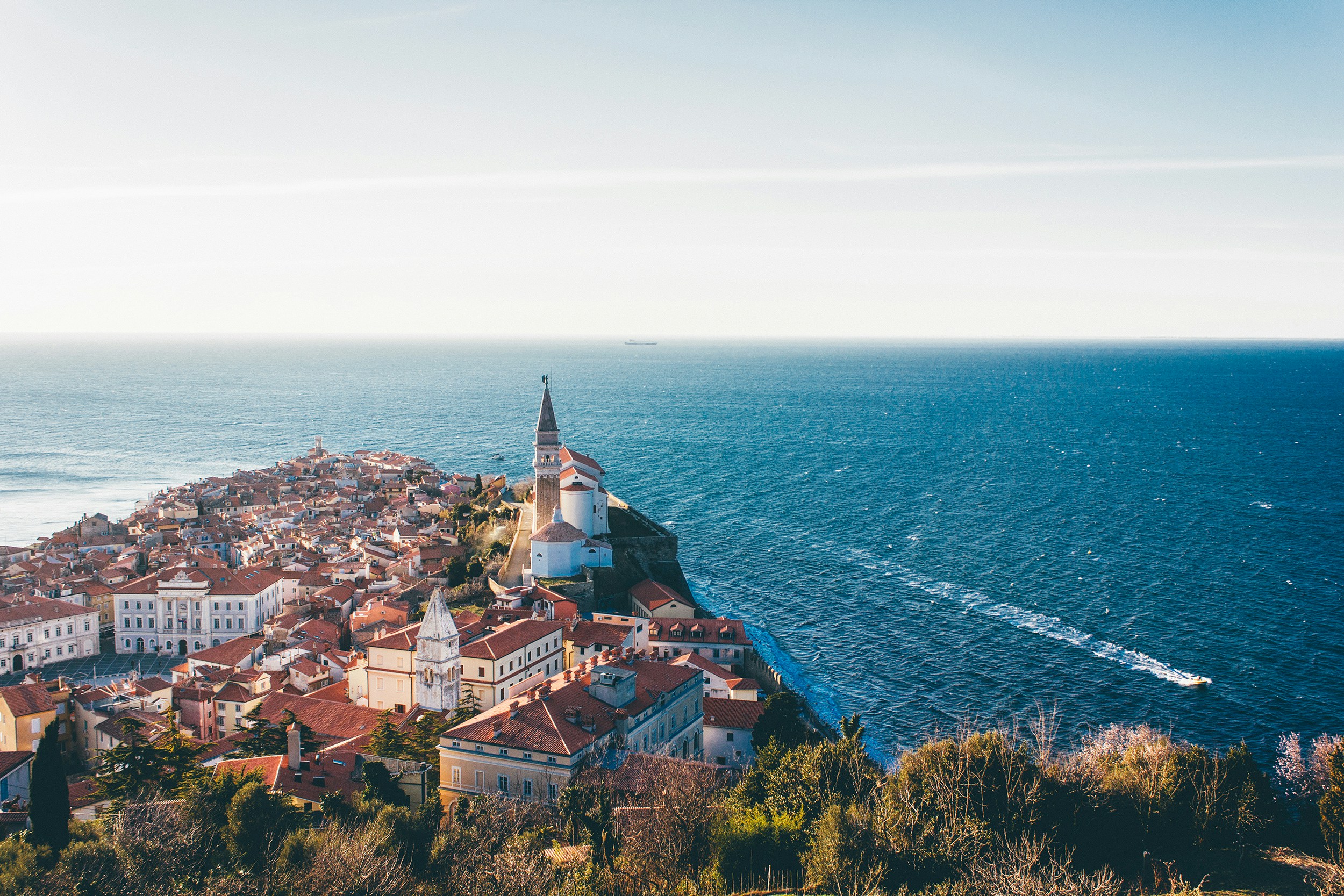
Slovenia Digital Nomad Visa Requirements
Applying for the Slovenia Digital Nomad Visa requires preparing a set of standard immigration documents as well as meeting several key conditions specific to this new permit. Below is an overview of what you’ll need and what each requirement actually means for your application.
To start your application, you’ll be asked to submit the following documents:
Completed application form for a temporary residence permit
Passport-sized photograph that meets Slovenia’s biometric photo standards
Valid passport or travel document, usually required to be valid for at least three months beyond your intended stay
Proof of remote work for a company, clients, or business registered outside Slovenia
Proof of accommodation in Slovenia, such as a lease agreement or hotel reservation covering the initial period of your stay
Criminal background certificate from your home country (and any country where you have lived long-term)
Proof of sufficient funds, explained below
Health or travel insurance, explained below
Along with these, applicants must attend a biometric appointment, where fingerprints and a facial photograph are captured.
Proof of Financial Self-Sufficiency
Slovenia’s digital nomad residence permit is designed for people who are financially stable without relying on the Slovenian labor market. Because of this, demonstrating consistent and sufficient income is one of the most important parts of the application.
To meet the financial self-sufficiency requirement, applicants must demonstrate a monthly income of at least twice the average net salary in Slovenia, approximately €3,200/month. Typically, applicants submit:
Bank statements from the last several months
Recent payslips
Remote work contracts or service agreements showing regular payments
For freelancers: invoices and payment confirmations
The review focuses on both stability and amount. In other words, showing a long-term remote work arrangement with reliable earnings will strengthen your application. The income threshold is tied to Slovenian salary benchmarks, so amounts may be adjusted annually.
Private Health Insurance
To be granted temporary residence as a digital nomad, you must have health or travel insurance that is valid in Slovenia for the entire duration of your stay. This requirement exists to ensure that visitors do not rely on Slovenia’s public healthcare system during short-term residence.
Your insurance policy must:
Cover medical emergencies
Remain valid without gaps throughout your stay
Clearly list your name, coverage details, and geographic validity
Most applicants use private international insurance providers or extended travel medical plans. What matters most is that the policy explicitly states that it covers expenses incurred in Slovenia.
Proof of Remote Work (Foreign Employment or Business Activity)
Because this is a residence permit for digital nomads, you must prove that your work is conducted remotely and that your employer, clients, or business are located outside Slovenia. This is crucial: the visa does not give access to local employment.
Acceptable proof includes:
An employment contract confirming remote work
Client contracts or freelance agreements
Business registration documents if you’re self-employed
A letter from your employer describing your role and confirming you are not required to be physically present
Screenshots or documentation from online work platforms (for freelancers)
In most cases, immigration officers want to see not just that you can work remotely, but that you are already doing so.
Proof of Accommodation in Slovenia
Slovenia also requires applicants to show where they plan to live upon arrival. This does not need to be a long-term lease; even a temporary booking is often acceptable for the initial application. You can provide:
A rental contract
A signed statement from a host
A hotel, Airbnb, or short-term booking
A notarized accommodation guarantee
This requirement exists so the authorities know where you will reside during the first part of your stay.
Criminal Background Certificate
All applicants must present a clean criminal record certificate from their home country (and in some cases, any country where they have lived for more than a year). Slovenia typically looks for serious offenses or security risks. Minor historical infractions usually do not cause issues, but an undisclosed criminal history can lead to refusal.
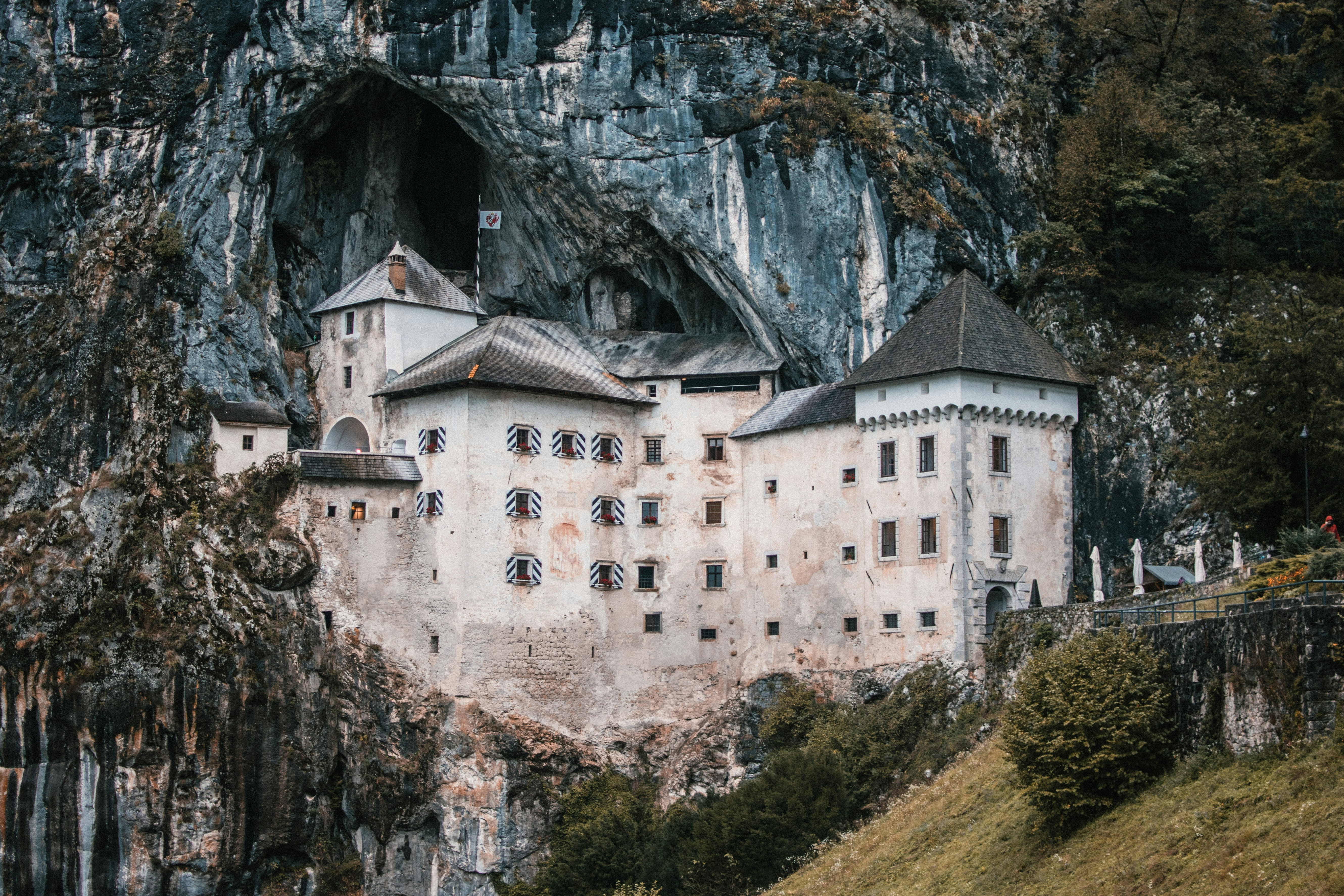
How to Apply for the Slovenia Digital Nomad Visa – Step-by-Step Instructions
Applying for Slovenia’s Digital Nomad Visa may seem complex at first, but breaking it down into clear steps makes the process much easier. Here’s how to navigate it from start to finish.
Step 1: Gather Your Documents
Before starting your application, it’s essential to have all your paperwork ready. You’ll need your valid passport, biometric photos, proof of remote work, proof of income, health insurance, and evidence of accommodation in Slovenia. Having everything organized in advance reduces the chance of delays and ensures your application is complete when submitted.
Step 2: Choose Where to Apply
You can apply for the visa either from abroad at a Slovenian embassy or consulate, or from within Slovenia at a local administrative unit if you are already legally in the country. Applying through the right channel is crucial, as it determines where you submit your documents and how you receive updates about your application.
Step 3: Complete and Submit the Application Form
The official temporary residence permit application form must be filled out carefully. Include all requested personal information and ensure that all supporting documents are attached. Incomplete applications or missing documents are the most common reasons for delays, so double-check everything before submission.
Step 4: Pay Fees and Provide Biometric Data
As part of the application, you will typically need to pay an administrative fee. Additionally, applicants are required to submit biometric data, including fingerprints and a photograph, to complete the process. This data is used to issue your residence permit card securely.
Step 5: Wait for a Decision
Once your application is submitted, Slovenian authorities will review your documents and determine whether you meet all the requirements. Processing times may vary, but applicants can generally expect a decision within a few weeks. Patience is key during this stage.
Step 6: Register Your Address in Slovenia
After your visa is approved and you arrive in Slovenia, you must register your temporary residence with the local administrative unit within 8 days. You’ll need proof of your address, such as a lease or rental agreement, to complete this step. Registration ensures that you are legally residing in the country under the visa.
Step 7: Receive Your Permit Card
Once everything is approved and your address registered, you’ll receive your official digital nomad residence permit card. This card confirms your legal status in Slovenia and allows you to stay for up to 12 months. Keep it safe, as it is your key to living and working in the country legally.
Step 8: Plan Your Stay and Future Applications
With the permit in hand, you can enjoy living and working in Slovenia as a digital nomad. Remember that this permit cannot be immediately renewed, after your 12-month stay, you must wait six months before applying again. Planning your finances, accommodation, and work arrangements ahead of time will help you make the most of your year in Slovenia.
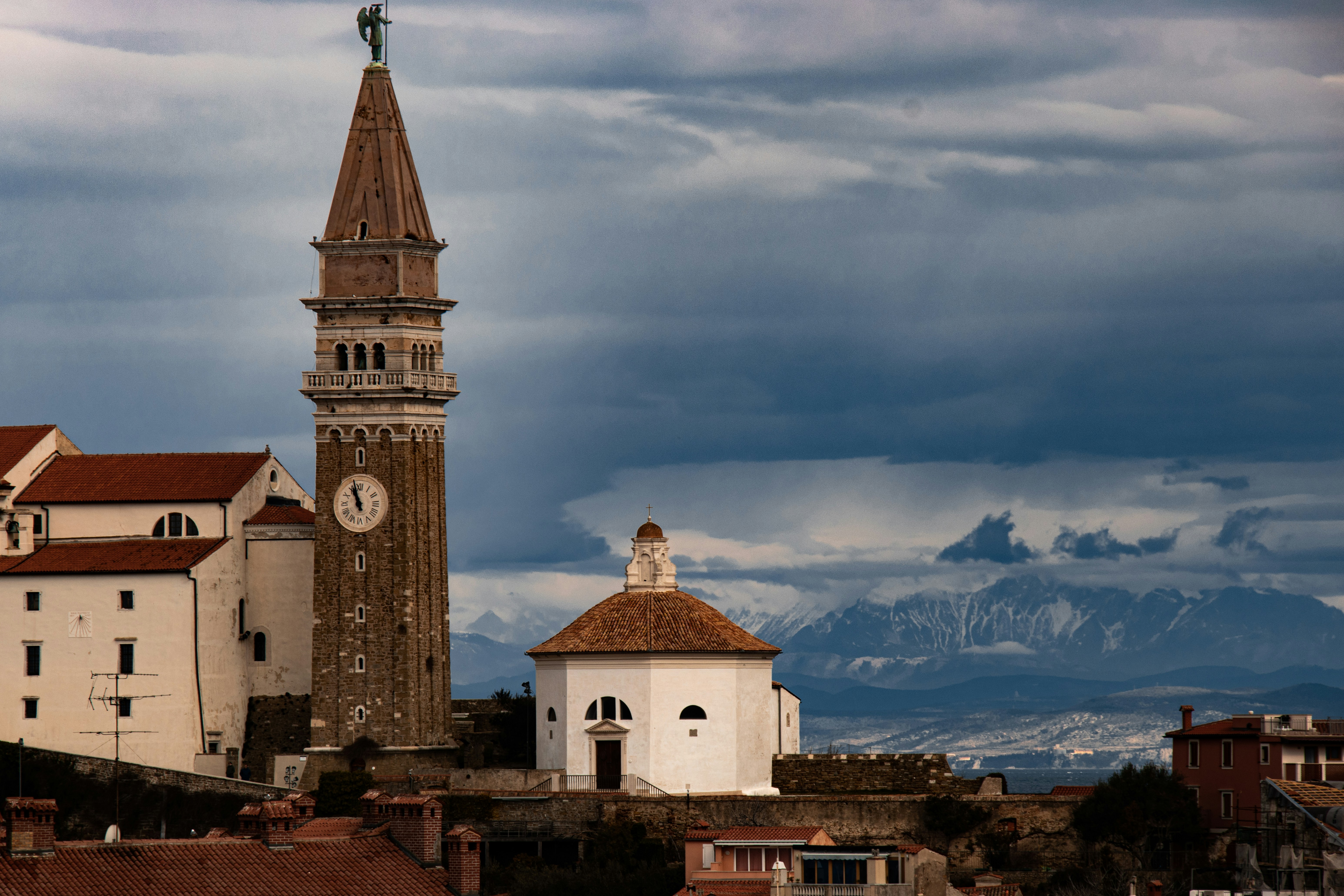
Stay Requirements in Slovenia
The Slovenia Digital Nomad Visa allows non-EU/EEA remote workers to reside in the country for up to 12 months. While this gives you plenty of time to explore the country and settle into your work routine, there are important rules to follow to maintain your legal status. You must live in Slovenia primarily for remote work purposes, meaning your income must continue to come from foreign employers or clients, working for Slovenian companies is not permitted under this visa.
During your stay, you are required to register your address with the local administrative unit within 8 days of arrival, providing proof of accommodation such as a rental agreement or hotel reservation. The visa also allows family members to join you, but they must be registered separately and meet any applicable conditions set by the authorities.
It’s important to note that the permit is temporary and cannot be immediately renewed. After completing your one-year stay, you must leave Slovenia and wait six months before applying for another digital nomad permit. This ensures that the program remains in line with its purpose of attracting remote workers without creating long-term residency expectations. Following these stay requirements carefully ensures that your time in Slovenia is fully compliant, letting you enjoy the country’s landscapes, culture, and vibrant nomad community without complications.
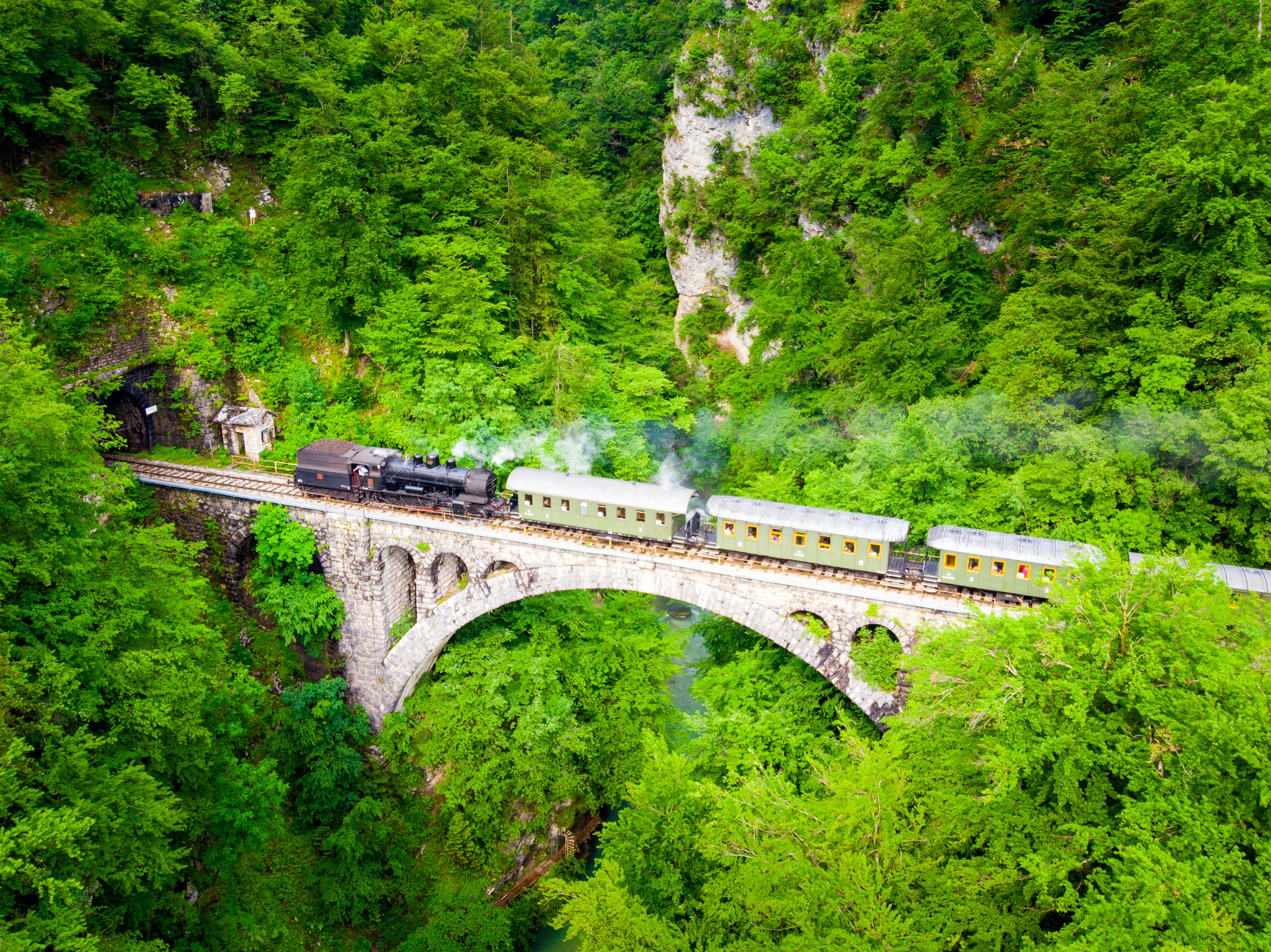
How Much Does the Slovenia Digital Nomad Visa Cost?
When you apply for the Slovenia digital nomad permit, there are some administrative costs to consider, though it’s relatively affordable compared to many residence permits. According to KPMG, the base administrative fee for processing a temporary residence permit is €50, plus a smaller application charge of €4.50. In addition, you’ll need to pay €5.47 for the issuance of the physical residence permit card.
If you're applying from abroad, the cost is higher: according to a residence‑permit guide, the fee for applications submitted through a foreign embassy or consulate is €102.
Beyond the visa itself, don’t forget to budget for health insurance, which is mandatory for the visa. Depending on the coverage level and provider, international health insurance for a year could add up, many estimates put this at around €50–€100 per month, though prices could vary.
All in all, while there is a cost to apply and get your permit card, the overall visa‑related fees are quite manageable for a one-year stay, especially when balanced against accommodation and living costs in Slovenia.
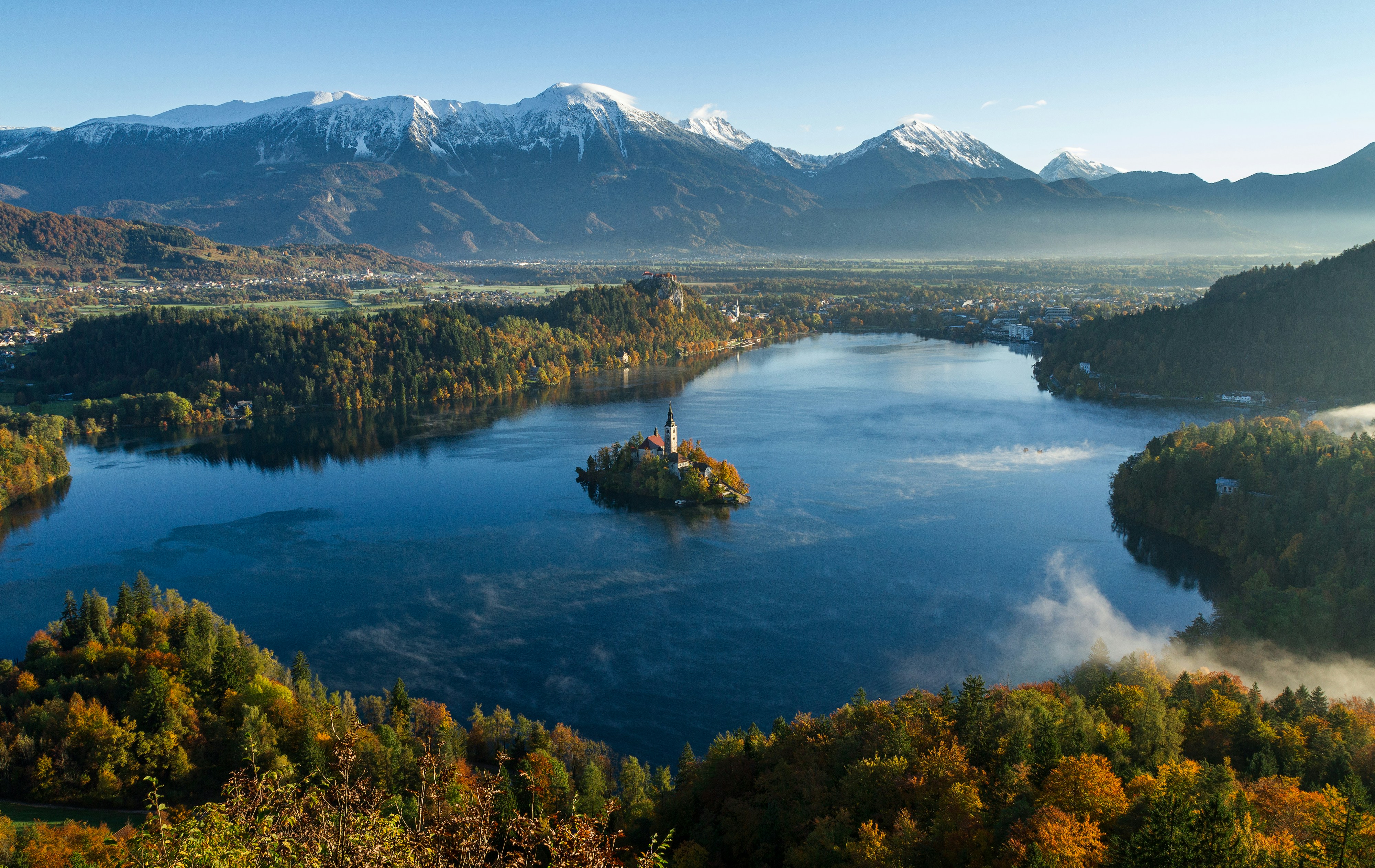
Taxes for People With a Slovenia Digital Nomad Visa
Navigating taxes as a digital nomad in Slovenia largely depends on your tax residency status, which is not automatically granted just by holding the visa. According to SIBIZ, even with the temporary residence permit, you might not be considered a Slovenian tax resident unless certain conditions apply, for example, being in Slovenia for over 183 days per calendar year, having your “centre of personal and economic interests” there, or establishing a home.
If you are classified as a tax resident, you could be taxed on your worldwide income, meaning income from abroad (clients, employers) may be subject to Slovenian income tax. Slovenia’s income tax is progressive, ranging roughly from 16% up to 50%, depending on your income level.
On the other hand, if you remain a non-resident for tax purposes, for example, by staying in Slovenia less than 183 days, or by keeping your primary tax home in another country, you're typically taxed only on income generated in Slovenia (which, for a true digital nomad under this visa, is unlikely, since the visa doesn’t allow working for Slovenian companies). Also, international double-taxation treaties may protect you from being taxed twice.
If you’re self-employed, things can get more nuanced. There are favorable tax regimes in Slovenia: for example, SIBIZ notes a “flat‑tax” style system where a sole proprietor can elect for a simplified base. Meanwhile, the Slovenian Financial Administration (FURS) will require proper registration and tax filings if you establish tax residency.
All told, the Slovenia Digital Nomad Visa does not guarantee a tax holiday, whether or not you pay Slovenian tax depends on how much time you spend there, your economic ties, and how your income is structured. As with any cross-border tax situation, it's highly recommended to consult a tax advisor who understands both your home country’s laws and Slovenian tax regulations.
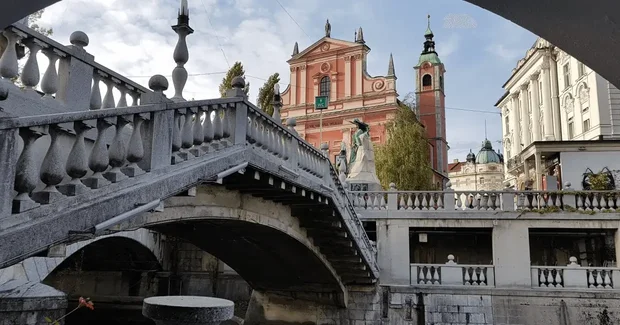
Living in Slovenia with the Digital Nomad Visa
Living in Slovenia as a digital nomad offers a unique blend of natural beauty, modern amenities, and a relaxed pace of life. From the charming streets of Ljubljana to the serene lakes and mountains of Bled and Bohinj, the country provides countless options for both work and leisure. High-speed internet is widely available, coworking spaces are increasingly common, and cafes often provide welcoming environments for remote work. The combination of scenic landscapes, a safe environment, and a high quality of life makes Slovenia particularly appealing for digital nomads who want to balance productivity with outdoor adventure and cultural experiences.
Beyond work, Slovenia’s compact size makes exploring Europe easy. Weekends can be spent hiking in the Alps, visiting historic towns, or enjoying the Adriatic coast, all within a few hours’ drive. Living costs are generally lower than in Western Europe, though Ljubljana can be slightly more expensive than smaller towns. Public transportation is reliable, healthcare is modern and accessible, and local cuisine is both diverse and affordable. With a one-year digital nomad visa, you have ample opportunity to integrate into local life, meet other remote workers, and experience Slovenia’s unique blend of natural and urban charms.
Best Cities to Live in Slovenia
Slovenia may be small, but it offers a variety of cities that cater to digital nomads, combining modern infrastructure, cultural vibrancy, and access to nature. Here are three of the best cities to consider for your stay:
Ljubljana
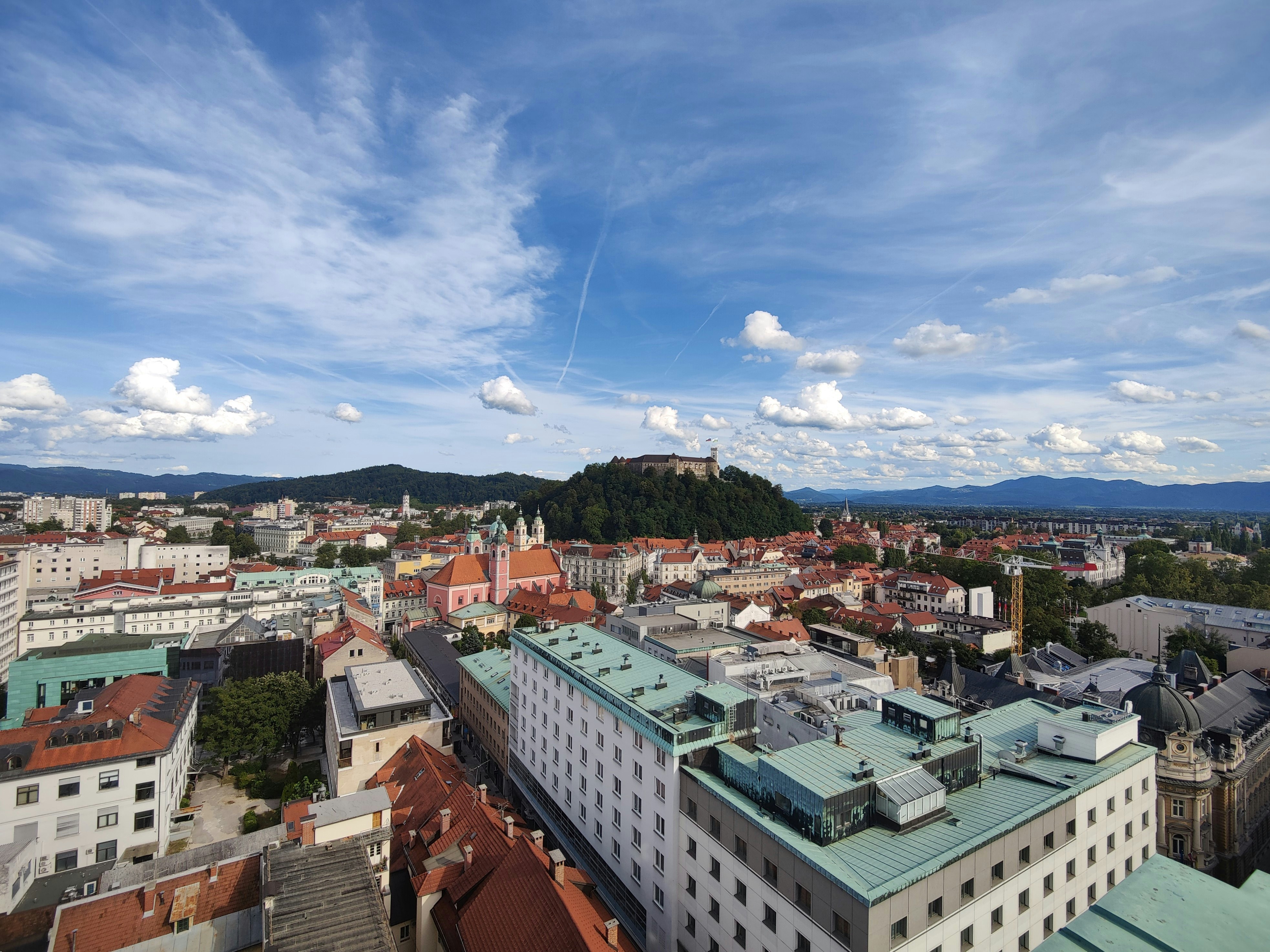
The capital city is the heart of Slovenia’s cultural and economic life. With a charming old town, pedestrian-friendly streets, and a lively café culture, Ljubljana is perfect for remote workers who want a mix of urban amenities and relaxed atmosphere. Coworking spaces are plentiful, high-speed internet is reliable, and the city hosts regular cultural events and festivals, making it easy to network and socialize while working.
Maribor
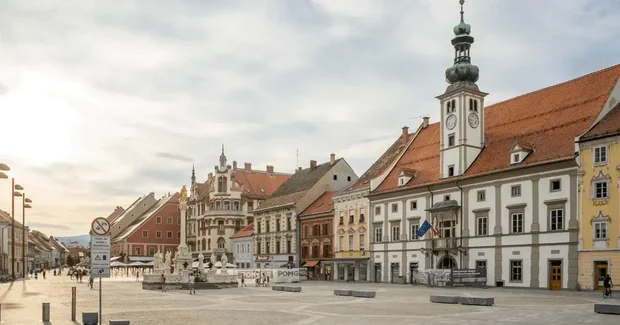
Slovenia’s second-largest city offers a quieter, more affordable alternative to the capital. Nestled along the Drava River and surrounded by vineyards and hills, Maribor is ideal for digital nomads who enjoy a slower pace while still having access to essential services and coworking hubs. Its proximity to nature, ski resorts, and wine regions provides plenty of options for weekend adventures.
Piran

Located on Slovenia’s small but beautiful coastline, Piran is perfect for those who want a Mediterranean lifestyle with scenic views and historic charm. This coastal town features cobblestone streets, colorful architecture, and easy access to beaches and seafood cuisine. While smaller and quieter than Ljubljana or Maribor, Piran offers a peaceful environment for focus and creativity, making it a hidden gem for remote workers.
Cost of Living
The official currency of Slovenia is the Euro. 1 EUR ≈ $1.15 USD.
The average net monthly salary in Slovenia is around €1,826, which equates to approximately $2,100 USD.
Here’s a rundown of what you should expect to pay in different cities:
Ljubljana
Rent (1‑bedroom in city center): ~$873 per month
Rent (3 bedrooms outside city center): ~$1,286 per month
Basic Utilities (electricity, heating, water): ~$189/month
Wi‑Fi (60 Mbps+): ~$35/month
Public Transport (one‑way): ~$1.49
Groceries (2 people): ~$445–$473 per month
Maribor
Rent (1‑bedroom in city center): ~$325–$435 per month
Rent (3 bedrooms outside city center): approximately ~$435–$650
Basic Utilities: around ~$165–$220
Wi‑Fi: approximately ~$33–$43
Public Transport (one‑way): ~$1.30
Groceries (2 people): about $350–$760 per month
Piran
Rent (1‑bedroom in city center): ~$545–$760 approximately
Rent (3 bedrooms outside city center): ~$380–$545
Basic Utilities: around ~$110–$220
Wi‑Fi: ~$22–$33
Public Transport (one‑way): ~$1.30
Groceries (2 people): approximately ~$330–$545
FAQs
Who is eligible for the Slovenia Digital Nomad Visa?
Non-EU/EEA nationals who work remotely for a foreign employer or clients, or are self-employed with clients outside Slovenia, can apply. The visa is not for those seeking local employment within Slovenia.
How long can I stay in Slovenia on this visa?
The digital nomad visa allows you to reside in Slovenia for up to 12 months. After this period, you must leave the country and wait six months before applying for a new permit.
Do I have to pay Slovenian taxes as a digital nomad?
Tax liability depends on your residency status. If you spend more than 183 days in Slovenia or establish significant personal and economic ties, you may be considered a tax resident and taxed on worldwide income. Otherwise, non-residents are typically taxed only on income sourced within Slovenia, which usually doesn’t apply to remote workers earning from abroad.
Can I bring my family with me?
Yes, family members can join you under the visa, but each must meet the applicable registration and residence requirements. Proof of accommodation and financial means may be required for family members as well.
What are the main documents required to apply?
Applicants must provide a valid passport, completed application form, biometric photos, proof of remote work for foreign clients/employers, proof of sufficient income (~€3,200/month), private health insurance, accommodation proof, and a criminal record certificate.
Author
Nadia Dardón is a content creator from Guatemala. She has worked fully remotely for the past six years as a copywriter, editor, and content creator, working for different industries. She started her digital nomad journey in 2022 and currently lives as an expat in Spain.
